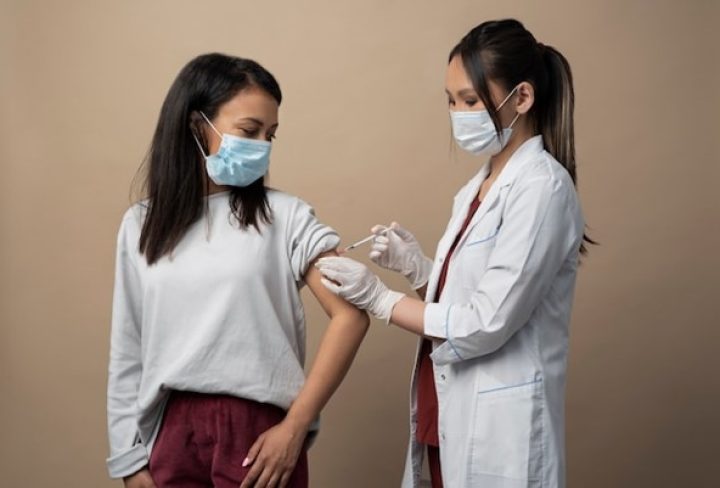
Viral Fever vs. Bacterial Fever in Children: A Comprehensive Guide for Healthcare Professionals and Parents Using the Centor Scoring System
Discover the key differences between viral and bacterial fever. Get expert insights from Dr. Venugopal Reddy on symptoms, treatment, and prevention.




